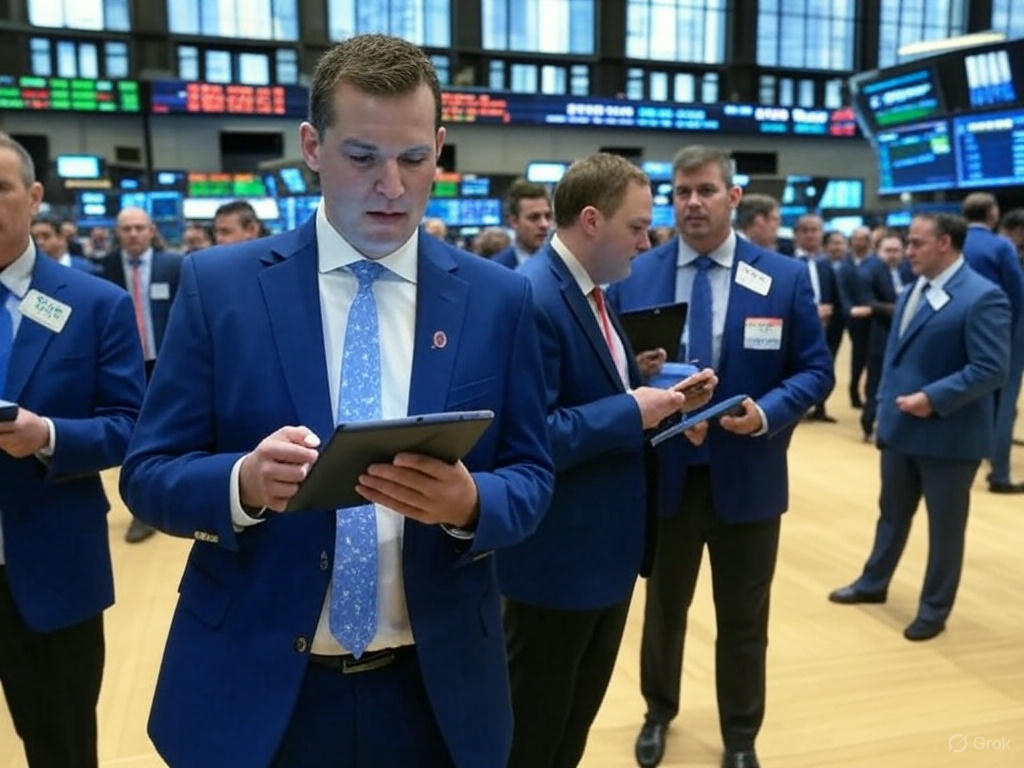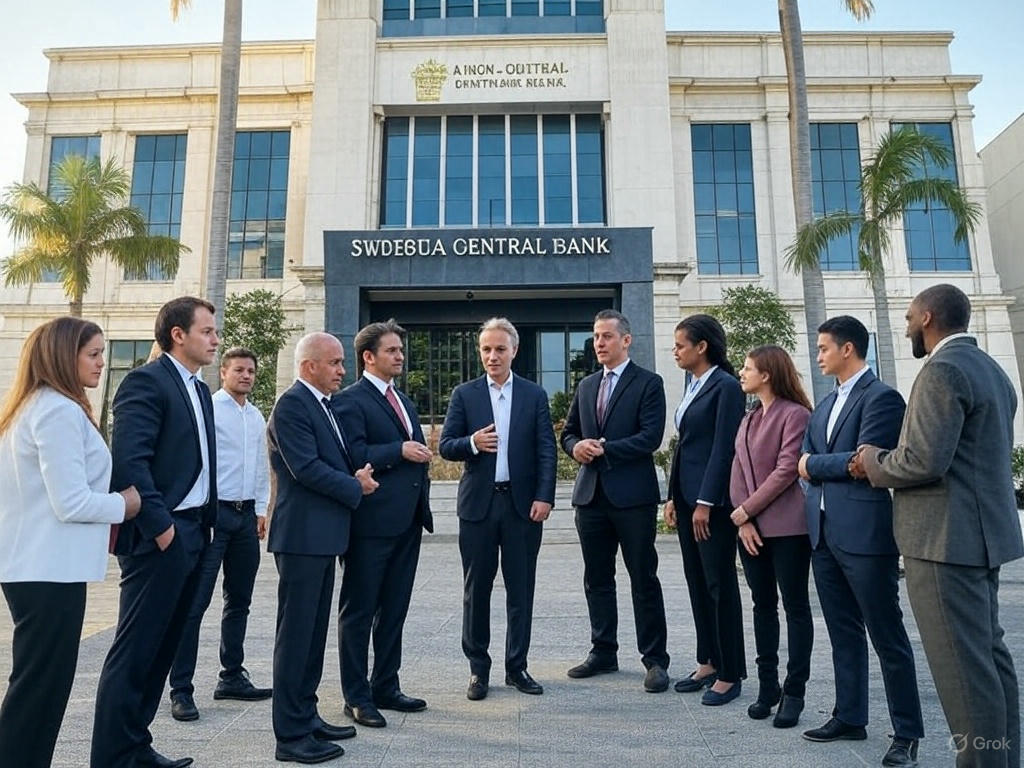January 27, 2025 – Washington, DC: Cambodia’s economy is continuing its post-pandemic recovery, but at a moderate pace, according to the latest Article IV consultation concluded by the Executive Board of the International Monetary Fund (IMF). The country’s real GDP is projected to grow from 5.5% in 2024 to 5.8% in 2025, while inflation is expected to rise from 0.5% to 2% over the same period.
Despite these positive indicators, the IMF warned of risks that could hinder economic progress. External factors such as shifting policies from major trading partners and global economic fragmentation, alongside domestic vulnerabilities in the construction and real estate sectors, pose significant challenges. Additionally, while Cambodia is exploring the implementation of a quasi-digital currency to modernize its financial system, the IMF remains cautious about its potential impact on monetary stability and financial sector risks.

Directors underscored the importance of policies to safeguard macro financial stability, ensure a durable and inclusive recovery, and achieve the authorities’ development goals over the medium term.
Uneven Recovery Across Sectors
The IMF report highlights that Cambodia’s recovery is largely driven by external demand. The garment industry has rebounded strongly, and agricultural exports are experiencing significant growth. However, the tourism sector has undergone structural changes, leading to a slower-than-expected recovery in tourism revenues. Non-tradable sectors remain weak, reflecting broader economic imbalances.
The financial sector also faces headwinds. Following years of rapid credit expansion—raising the credit-to-GDP ratio from 24% in 2010 to 135% in 2023—credit growth has now nearly stalled. The construction and real estate industries are struggling, with rising non-performing loans and signs of excessive private-sector debt.
Fiscal and External Balances Under Pressure
The IMF projects Cambodia’s fiscal deficit to decrease from 3% of GDP in 2024 to 2.4% in 2025, as the government pursues a gradual fiscal consolidation strategy. Public debt remains manageable, expected to stay below 30% of GDP over the next decade. However, the country’s current account balance is set to return to a deficit of 1.8% of GDP in 2024, increasing to 2.5% in 2025 due to rising import demand outpacing export and tourism growth.
Policy Recommendations for Sustainable Growth
IMF Executive Directors emphasized the need for Cambodia to strengthen its macroeconomic resilience through prudent fiscal management, financial sector reforms, and structural diversification.
- Fiscal Policy: The IMF supports a neutral fiscal stance in the near term but calls for gradual, high-quality consolidation. It urges authorities to improve revenue mobilization by rationalizing tax exemptions and implementing policy reforms to enhance fiscal transparency. Efforts to develop a domestic government bond market are seen as crucial as Cambodia transitions from its Least Developed Country status.
- Monetary and Financial Sector Policies: The IMF advises maintaining adequate liquidity in the financial system while continuing monetary policy normalization. The ongoing correction in the real estate sector, combined with declining foreign direct investment (FDI) inflows, underscores the need for tighter financial sector supervision and enhanced macroprudential policies.
- Structural Reforms: To sustain long-term growth, Cambodia must diversify its economy. The IMF encourages investments in human capital, infrastructure, and renewable energy while improving governance and regulatory transparency. Addressing anti-money laundering and counter-financing of terrorism (AML/CFT) measures is also essential.
Outlook: Cautious Optimism with Risks Ahead
While Cambodia’s economy is on a recovery path, the IMF warns that significant risks persist. The country must navigate external economic uncertainties, manage vulnerabilities in its financial sector, and implement structural reforms to ensure long-term, inclusive growth. Strong policy actions will be necessary to sustain momentum and safeguard economic stability in the years ahead.




